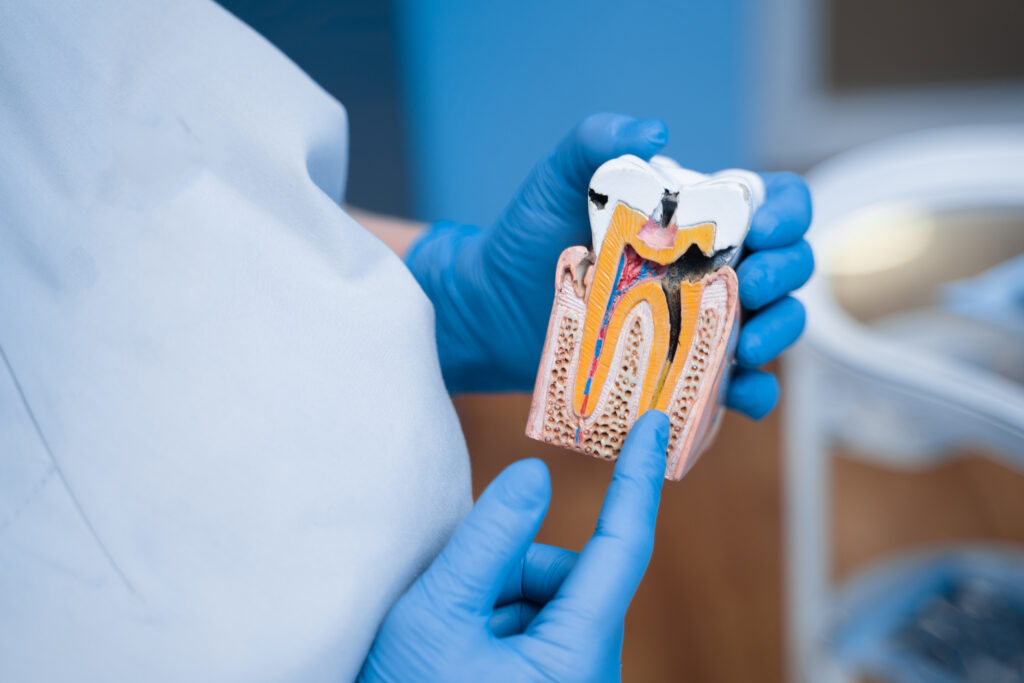Introduction
Many people do not realize that systemic diseases and oral health are closely linked. Systemic diseases are conditions that affect the whole body. However, these diseases can also impact your mouth. For example, diabetes, heart disease, and immune disorders may cause changes in your oral cavity. In this blog, you will learn how systemic diseases affect the oral cavity and what signs to watch for. Understanding this connection can help you protect your oral health.
What Are Systemic Diseases?
Systemic diseases are illnesses that impact more than one part of the body. They can affect organs, tissues, and even your mouth. Some common examples include diabetes, heart disease, and autoimmune disorders. Because these diseases involve the whole body, they often show signs in the oral cavity. Therefore, your dentist may spot early signs of a systemic illness during a routine check-up.
Common Systemic Diseases That Impact Oral Health
Several systemic diseases can affect your oral health. Here are some of the most common:
Each of these diseases can show different oral signs. But they all highlight the link between systemic diseases and oral health.
How Systemic Diseases Affect the Oral Cavity
Systemic diseases can change the way your mouth looks and feels. For example, diabetes affects the mouth by reducing saliva, which leads to dry mouth. This makes it easier for bacteria to grow, causing gum disease. In addition, heart disease can make your gums more likely to bleed or swell. HIV/AIDS often causes painful mouth sores and fungal infections. Autoimmune diseases can make your mouth dry and sore. Kidney disease may cause a metallic taste or bad breath. Because these changes can be early signs, dentists often notice them first.
Signs and Symptoms in the Mouth
It is important to watch for oral signs of systemic illness. Some common symptoms include:
If you notice any of these signs, you should see your dentist. Early treatment can help prevent more serious problems.
Diagnosis and When to See a Dentist
Because many systemic diseases show signs in the mouth, regular dental visits are important. Your dentist may spot changes that suggest a systemic illness. For example, if you have frequent mouth infections or sores, it could be a sign of diabetes or another disease. If your dentist notices these changes, they may suggest you see your doctor for further tests. Therefore, do not ignore changes in your mouth. Early diagnosis can help you manage both your oral and overall health.
Prevention and Oral Care Tips
Taking care of your mouth is important, especially if you have a chronic disease. Here are some oral health tips for chronic disease:
In addition, if you live in an area with limited dental care, look for community clinics or mobile dental units. Many cities offer special programs for people with chronic diseases.
Conclusion
Systemic diseases can significantly affect your oral health, but early awareness and proper dental care can make a big difference. Your dentist can help identify warning signs and guide you in maintaining overall well-being. Consult Dr. Shwetha’s Clinic for expert dental care and personalized guidance in protecting your oral health.



